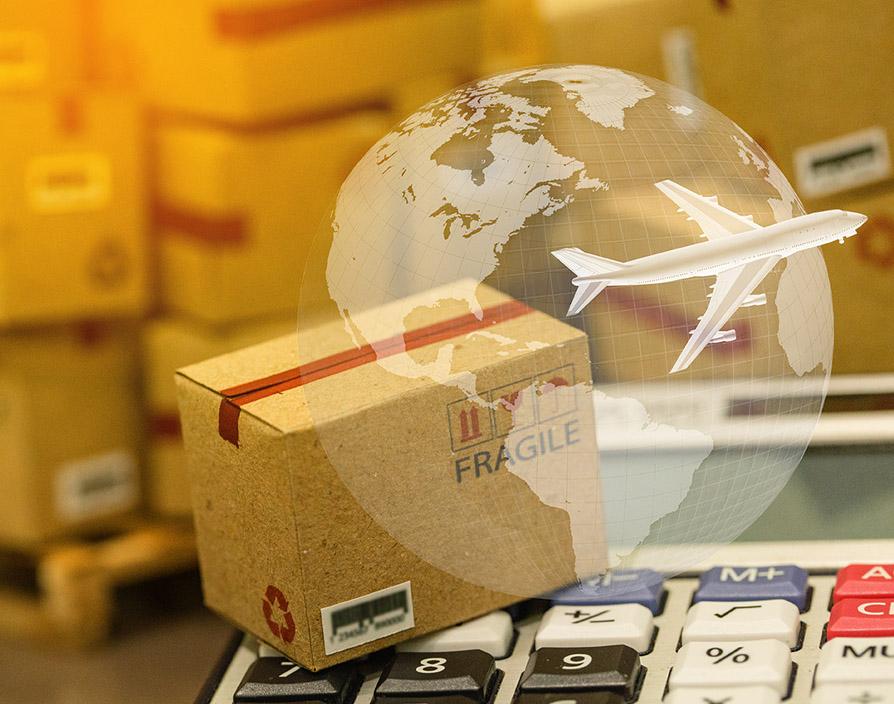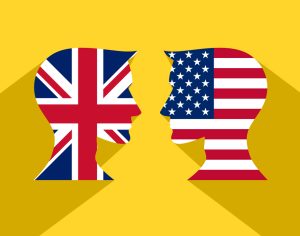The cost of importing products to the UK is higher than most business owners imagine. It can even put small companies out of business – especially during the early days of trading. We often forget that HMRC imposes a customs duty on imports. This is an import tax that you must pay when you bring items into the UK from another country. Customs duty is applied to the value of the item that’s being imported, along with any insurance and shipping costs. Customs charges vary from country to country, and from product to product.
How customs duty works
When you import goods, a percentage of the total customs value is added to the overall cost. You don’t simply pay a flat fee. Customs tax is charged on the item’s worth, plus insurance and delivery expenses.
So if your purchase costs £100, with 20% in shipping fees, your total customs value is £120. The proportion of customs duty is determined by the UK Government, at least for England. Other countries or blocks, such as the European Union or the United States, determine their own rates.
The amount of duty depends on your product’s ‘Commodity Code’ and might vary greatly depending on the nature of the product. Governments all around the globe use codes to classify commodities. This helps to streamline customs operations. They also determine whether items are subject to import levies and taxes, such as Customs Duty or VAT and licenses.
Government gains and business losses
The UK Government makes a lot of money through customs duties. They collect millions of British pounds in customs taxes from importers every year.
This is a significant cost to UK firms. As a result, multinational trading companies are working hard to lower or remove these expenses entirely. This can be achieved via the World Trade Organisation (WTO) or by establishing free trade agreements between governments.
Reducing customs fees
Every time your imported items cross a border, your overall costs increase. This might be the difference between your company remaining solvent or not.
To determine how much money you need to pay from each shipment, you must first understand how importing and exporting works. The amount of customs duty paid is determined by a number of variables. These include:
The value of imported/exported products. A larger value equals higher import taxes. This principle applies which ever country you are dealing with.
If one nation has preferential trade relations with another country, then the costs will be lower.
Strategy One: Free Trade Agreements
In certain situations you may be able to lower your import duty to zero. For example, preferential trade agreements, which are sometimes referred to as free trade agreements, might be involved. Businesses in the United Kingdom may be able to take advantage of over 40 trade agreements.
These will increase the competitiveness of products in the UK, as well as in the countries with which the Government has signed a free trade agreement (FTA). This means certain items can be transported and sold in each other’s countries without having to pay tariffs or customs duties.
If your company sells items in any of these areas, you can save a lot of money by satisfying their rules on ‘country of origin’. We, at Customs Manager, have helped numerous firms reduce their expenses by using these agreements. This can save companies millions of pounds in the long run.
Strategy Two: Customs relief
In addition to tariff rates, there are several other ‘relief’ options which can reduce customs duty.
These are: a) Customs warehousing; b) Inward processing; c) Outward processing; d) Free Ports and Free Trade Zones. These are worth exploring to evaluate if they can help your business.
Conclusion
Customs Duty can be expensive. Not only do you have to pay the duty, but you also have to pay for the time and resources spent on it. Minimising customs duties should be one of your top priorities. As an importer, it adds considerable costs to your organisation if not handled efficiently.
Customs Manager Ltd is a consultancy built to help you reduce your customs fees. They specialise in lowering customs duties and will ensure that you only pay what is required – and no more. By hiring such a company your return on investment will be substantial.
Share via:








































